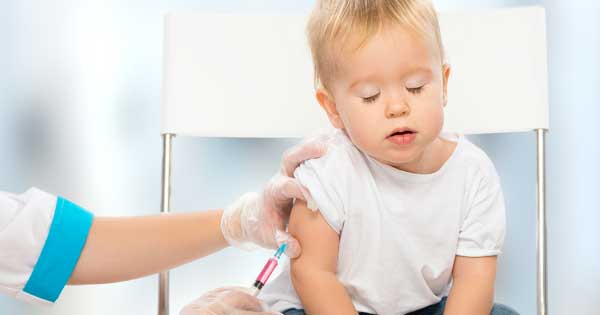Experimental drugs intended for cattle were tried out on children in Irish mother-and-baby homes, according to official reports obtained by the radio station, Newstalk.
The report, from the Chief Medical Officer of the Department of Health’s report to the Oireachtas in the year 2000, says the tests involved 290 children in the 1960s and 70s.
They were conducted at six Dublin Homes, together with homes at Bessborough in Cork, St Peters in Westmeath, St Clare’s in Stamullen and The Good Shepard in Dunboyne.
It’s understood that at least 80 children became unwell as a result of being injected with the vaccines but the long term effects of their ordeal are not known.
Susan Lohan, co-founder of the Adoption Rights Alliance, told the Irish Examiner that any suggestion that the parents of the children gave permission for the trials are “not credible”.
She said “The mothers of the children were not consulted on anything regarding their children’s welfare.
“I find it, frankly, not credible, that the managers of those places would have made an exception when it came to the vaccine trials.”
The government is currently considering whether an inquiry should take place, what powers it should have and what should be the scope of the investigation.
Meanwhile, the survivors’ group has insisted that every woman and child who died at all Magdalene laundries and mother and baby homes must be identified.
The call comes amid the controversy surrounding the discovery of the remains of numerous children under the age of three years at the former mother and baby home the Bon Secours Sisters at Tuam in Galway. Local historian Catherine Corless believes 796 children died at the home over a 36-year period without their deaths and burial places being recorded.
The Justice for Magdalene’s research group has compiled a list of 180 institutions, agencies and individuals charged with the care of unmarried mothers and their children. The group’s co-founder, Claire McGettrick, said: “In terms of the identification of remains, a sample isn’t going to cut it. They’re all real people who deserve to be identified and have their final resting place marked.”
Housing Minster Simon Coveney said it was “hard to see that there wouldn’t be Garda involvement” in in connection with Tuam. He told the Irish Times: “This was a site that was owned by the State and it’s a site that’s still owned by Galway County Council, so there’s a significant responsibility on the State here, as well as the Bon Secours Sisters.”
The local coroner could call in the Garda if he believes any of the deaths were not from natural causes.

